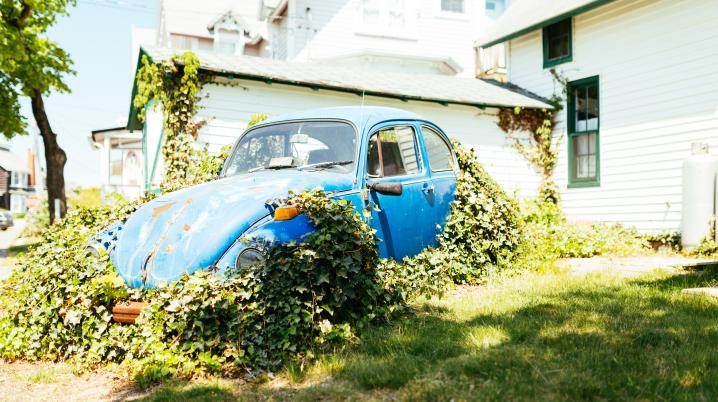
DutchCulture reduces its carbon footprint
Several of our advisors travel to their countries of expertise to increase their knowledge of the cultural field, we invite cultural experts to the Netherlands to stimulate international collaboration and we create projects worldwide to encourage cultural exchange between artists.
All these activities contribute to a large CO2 footprint. Because we care about our planet’s future we have updated our official policy to compensate for the CO2 emissions of all staff flights through a CO2 compensation tool developed by the Dutch NGO Hivos.
Several organizations have defined sustainability guidelines for their staff. The Flanders Art Institute has published them online. An example of one of these guidelines includes train travel as the preferred mode of transportation to any destination within 6 hours of travelling time, a directive that DutchCulture follows suit in as well.
Art and sustainability are a good fit for each other. Several works of art are made from upcycled material and climate change is a popular topic in theatre and literature now. This also raises a number of questions. Is it environmentally acceptable to fly an artist in from across the world or should we look for alternative means of collaboration? Is this an area in which virtual reality could play an active part? Are solo artists required to lower their footprint as well or do large organizations take responsibility first? Should festivals serve meat?
We invite other organizations and artists to reduce their CO2 emissions as well. This way we can create a more sustainable future for international cultural collaboration. Julie’s Bicycle is a London-based charity that supports the creative community to act on climate change and environmental sustainability. Get inspired and go green!

